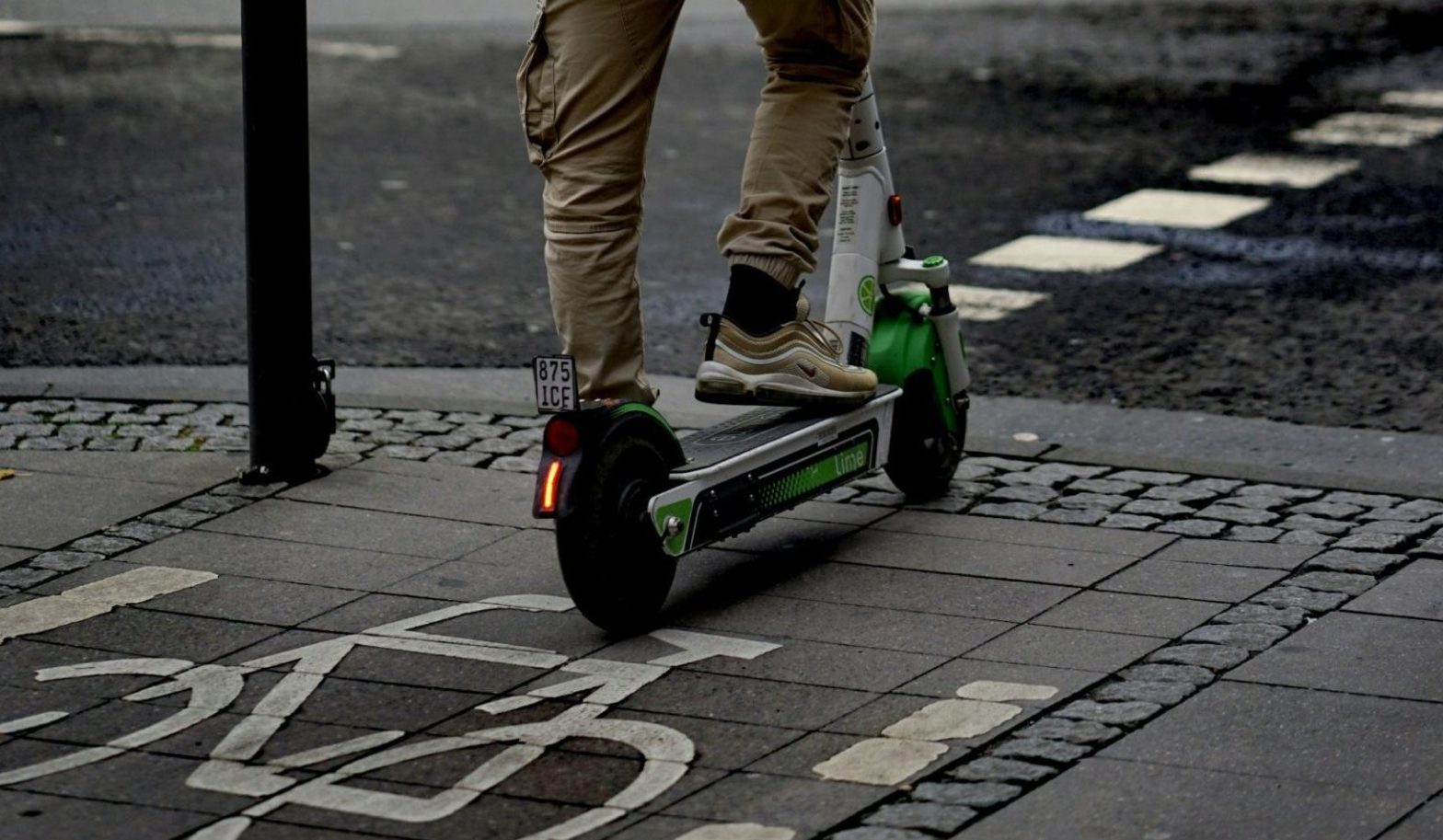
Photo: Image: Ford
StreetLight Data raises $15 million for new features and market expansion
10 August 2020
by Sarah Wray
StreetLight Data, which provides mobility insights from location data, has closed a Series D funding round for US$15 million.
Macquarie Capital and Activate Capital joined existing investors Osage University Partners and Ajax Investment Strategies.
The company, which was founded in 2011, analyses travel patterns by applying machine learning to anonymised location records from smartphones and navigation devices. The platform helps cities and other transport professionals to understand activity and plan and prioritise actions and investments accordingly.
The latest funding comes as cities experience “a new level of travel volatility” in transport due to the impact of COVID-19.
Laura Schewel, CEO and co-founder of StreetLight Data, told Cities Today that during the pandemic, cities were using the platform for use cases such as assessing the impact of COVID-19 measures compared to typical conditions, estimating revenue drops, and prioritising routes and services.
“Just as eCommerce, web conferencing and telemedicine companies have enabled life to continue in a socially distanced world, so has StreetLight enabled critical transportation planning to weather the pandemic era,” she said. “Governments, engineering firms and new mobility companies need better information at a time of remote operations, increased transportation volatility and decreased budgets. The only way to do that is to replace expensive and highly manual transportation measurement approaches with on-demand metrics.”
Growth areas
Schewel said the funding will be used to add new features to help customers with their ongoing pandemic response, and to drive expansion to additional industries.
“Transportation analytics can be a part of a lot of business decisions,” she commented. “Whether that business is a logistics company, a restaurant or an office trying to figure out where their new office park should be. We want to try to make transportation part of what you’d analyse in a lot more decisions beyond traditional transportation planning.”
She said, too, there is growing interest in the platform from private transportation companies, including ride-share providers and businesses developing autonomous vehicles and urban air mobility systems, as well as corporate campuses and large entertainment venues.
One new feature the company is looking at is ‘negative trips’ – which would analyse device patterns over time to monitor any divergence in trends of people staying at home where previously they would have travelled, and helping cities understand the possible causes, such as concerns about using public transport, unemployment or other factors.
“We are also getting into a lot more questions around transportation safety and coping with new modes of transportation,” Schewel said.
She noted that in the light of the pandemic, clients are increasingly asking for data that is closer to real-time, “because things that we assume would be stable one week to the next are no longer stable”.
Schewel added that there is also growing interest in “’boring’, basic analytics” such as turning movement analysis as fewer staff are able to get out into the field.











